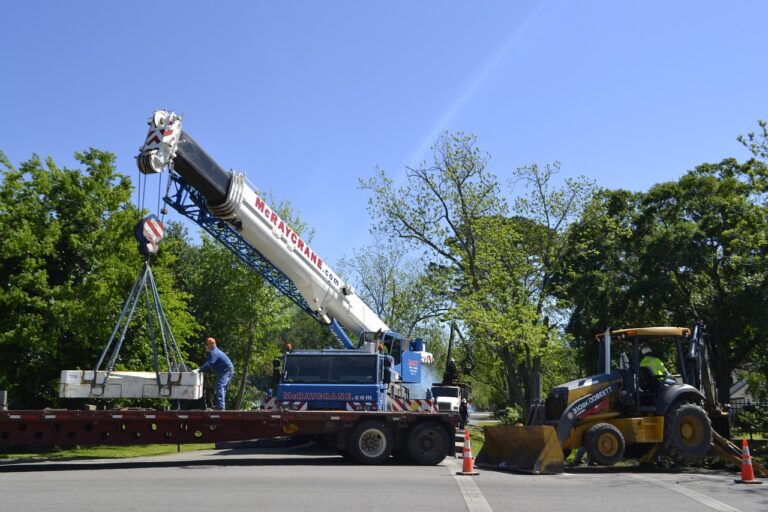How to Use Social Media for Business Community Engagement: All pannel .com, Play99exch win login, Gold365
all pannel .com, play99exch win login, gold365: Social media has become an essential tool for businesses to engage with their communities and build relationships with their customers. With the rise of platforms like Facebook, Instagram, and Twitter, companies have a direct line of communication to connect with their target audience and foster a sense of community. In this guide, we will explore how businesses can effectively use social media for community engagement.
Creating Engaging Content
One of the key aspects of community engagement on social media is to create content that resonates with your audience. Whether it’s sharing informative blogs, posting behind-the-scenes photos, or running interactive polls, it’s essential to provide value to your followers. By producing engaging content, you can encourage likes, comments, and shares, which will help to increase visibility and reach on social media platforms.
Interacting with Your Audience
Another vital component of community engagement on social media is interacting with your audience. Responding to comments, messages, and mentions shows that you care about your customers and value their feedback. By engaging in conversations with your followers, you can build trust and loyalty, ultimately leading to a stronger sense of community around your brand.
Hosting Contests and Giveaways
Contests and giveaways are an excellent way to boost engagement and encourage participation from your community. Whether it’s a photo contest, a quiz, or a product giveaway, offering incentives can drive user engagement and create excitement around your brand. Make sure to promote your contests across all social media channels to maximize participation and reach.
Collaborating with Influencers
Partnering with influencers can help to expand your reach and tap into new audiences. Influencers have a loyal following that trusts their recommendations, making them valuable allies in community engagement efforts. By collaborating with influencers in your industry, you can leverage their credibility and expertise to build relationships with their followers and grow your community.
Hosting Live Events
Hosting live events on social media platforms is a great way to interact with your community in real-time. Whether it’s a Q&A session, a product launch, or a virtual workshop, live events allow you to engage with your audience on a personal level and create a sense of exclusivity. Make sure to promote your live events in advance and engage with attendees during the broadcast to maximize engagement.
Measuring Success
To gauge the effectiveness of your community engagement efforts on social media, it’s essential to track key metrics. Keep an eye on engagement rates, follower growth, and mentions to see how your audience is responding to your content. By analyzing these metrics, you can identify what’s working well and make adjustments to improve your community engagement strategy.
FAQs
Q: How often should I post on social media to engage with my community?
A: The frequency of your posts will depend on your audience and industry. It’s essential to find a balance between staying top-of-mind and avoiding overwhelming your followers.
Q: How can I encourage more engagement on my social media posts?
A: Encouraging likes, comments, and shares can be as simple as asking questions, running polls, or soliciting feedback from your audience.
Q: How can I handle negative comments or feedback on social media?
A: Address negative comments promptly and professionally, and try to resolve any issues privately to prevent further escalation.
In conclusion, using social media for business community engagement requires a strategic approach to create engaging content, interact with your audience, host contests and giveaways, collaborate with influencers, host live events, and measure success. By implementing these tactics, you can strengthen relationships with your customers, build a loyal community around your brand, and drive business growth.







